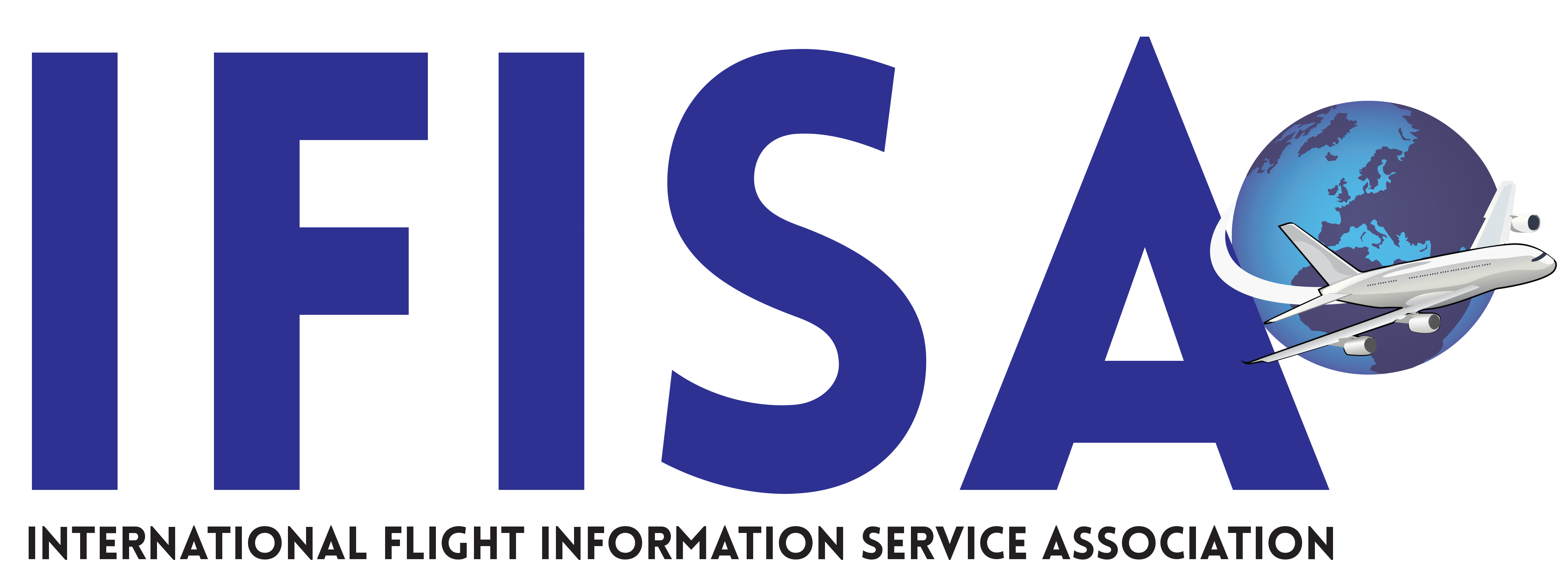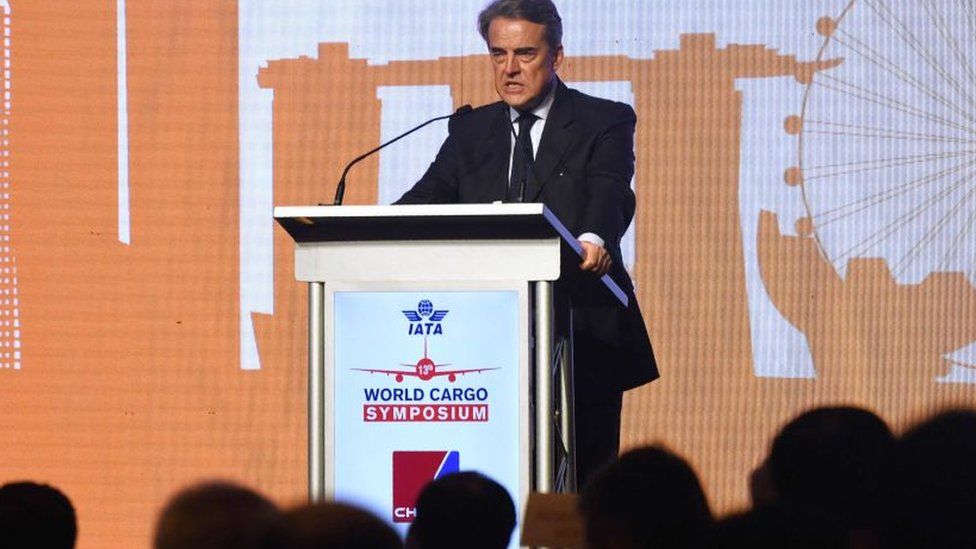
The world’s airlines need another $70-$80bn of government support to get through the crisis caused by the coronavirus pandemic.
That’s according to the head of the International Air Transport Association (IATA), which is the trade association for the world’s airlines.
Director-General Alexandre de Juniac told the BBC that sum was “on top of the $170bn already granted”.
Extra funds would “bridge the gap” between now and June, he said.
June is when he expects the first significant easing of travel restrictions, as the impact of vaccines begins to be felt.
Government travel restrictions and a huge fall in passenger confidence meant global demand for flights fell about 60% last year, according to IATA figures.
That means 2020 saw about 1.8 billion passengers fly, instead of the 4.5 billion in 2019. In an industry where profit margins were already thin it means airlines are estimated to have already lost $118bn, with worse set to come.
More bankruptcies
Not all airlines have been able to withstand those losses.
Mr de Juniac said about 35-40 airlines have disappeared already. Many of them are smaller regional carriers, including UK-based Flybe which disappeared early in the pandemic.
Others bigger companies, such as Thai Airways and South African Airways, have only survived thanks to large government bailouts and support programmes.
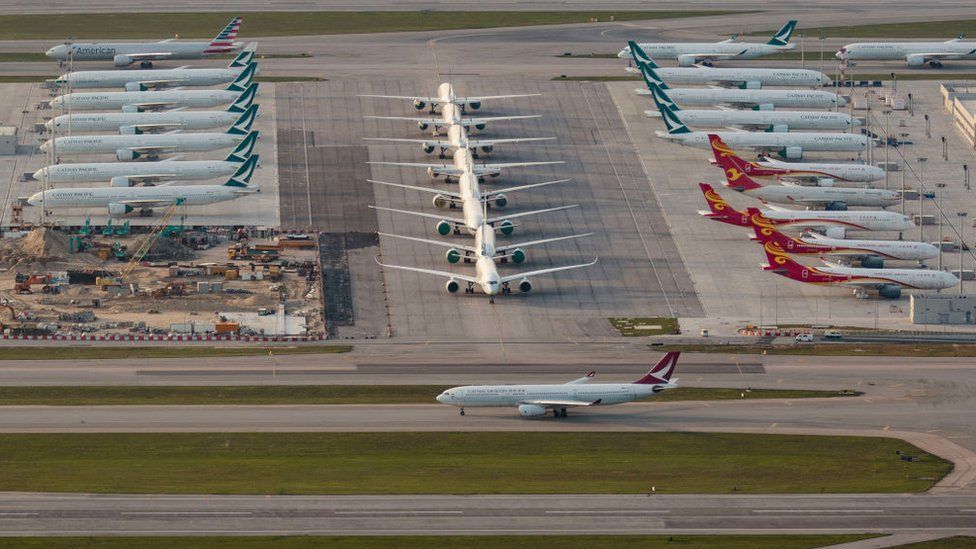
Mr de Juniac adds that in 2021 it is “likely to happen that we see additional bankruptcies”, which is why more government support is needed.
He points out that greater choice benefits passengers, competition normally means lower fares . On top of that, before the pandemic, more than 65 million jobs depended on aviation.
For those airlines that are still flying, coronavirus vaccines are seen as essential for a recovery in international air travel.
IATA is developing a new app that it hopes will make it easier for passengers to fly, by managing proof of Covid testing and vaccines in a way that satisfies governments and airlines around the world. It hopes to launch the app as soon as the end of March
In the meantime, countries persist with having different requirements for testing and quarantines.
‘Horrific’ coordination
The chief executive of Qatar Airways, Akbar Al-Baker, is hopeful this new technology can help increase passenger numbers.
He told the BBC: “I think that this will be the new norm that everybody will have to produce a vaccination certificate to board an aeroplane – and not only to board an aeroplane, a lot of countries would require that you be vaccinated before you come to the countries.”
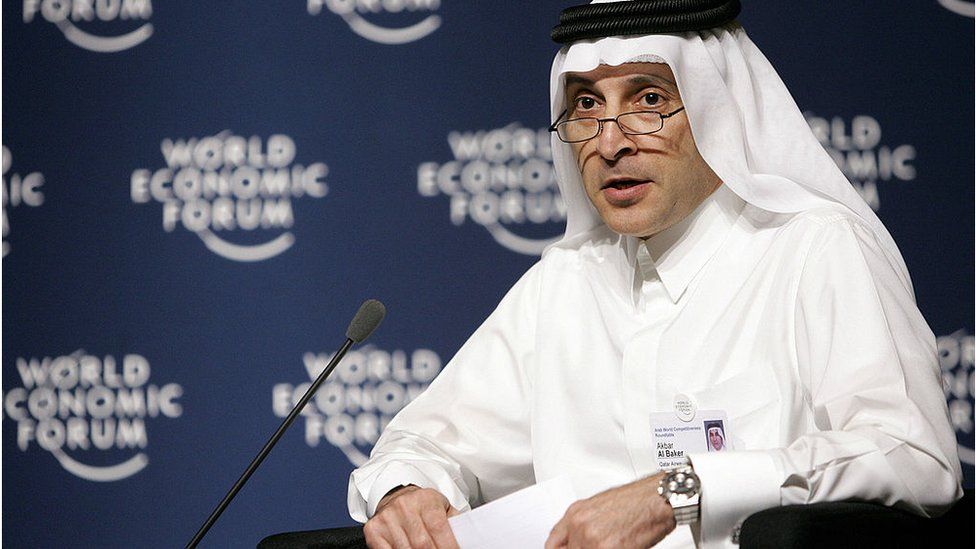
It’s a view echoed by the founder and chief executive of Air Asia, Tony Fernandes, who told the BBC: “I think countries are going to say, unless you’re vaccinated they’re not going to let you in without quarantine.”
Both chief executives are frustrated by different governments having different requirements for travellers to enter their countries.
Mr Fernandes says “the United Nations, with the travel industry, should have come up with some standard protocols” earlier in the pandemic, but that politics had got in the way.
“Governments are petrified of their people, and they’re taking a very, very, very conservative view”, he says, adding: “They all want to be in control. It’s like nothing I’ve ever heard. The coordination on Covid is horrific.
“I just think that everyone’s… scared and just reacting in a very jingoistic and nationalistic way. In my history of the aviation business, I’ve never seen something so poorly coordinated.”
Cost cutting
Both airline bosses are hopeful that international coordination is possible, Mr al-Baker says
“I think it will be a joint ICAO, IATA and WHO project, to introduce a safety pass for people whose vaccination certificate will be recognised internationally.”
He says questions remain over “how fast it will be” rolled out and if the troika can then “impose it on all countries to accept” their proposal.
Both airlines want that to happen, because like their rivals they have seen huge drops in passenger numbers since the pandemic began and had to delay the delivery of new aircraft.
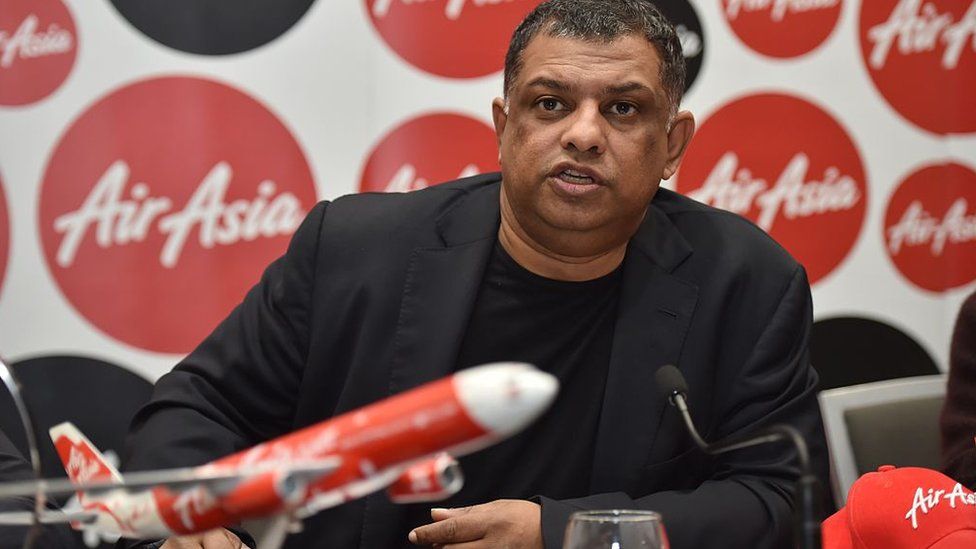
Air Asia has lost hundreds of millions of dollars and cut more than 80% of its flights. It’s also seen its Japanese arm file for bankruptcy, helping reverse the expansion the low cast carrier saw in 2019 when it carried 83.5 million passengers.
Qatar Airways, which focuses on ferrying passengers through its Middle Eastern hub, has cut about 20% of its staff and received a nearly $2bn bailout from Qatari government. It also struggled with the impact of several neighbours blocking its planes from their airspace.
Mr al-Baker has welcomed this month’s ending of the blockade, saying it “will reduce the inconvenience of a passenger” because it will shorten flight times. It will, he said, “also contribute positively to the bottom line of the airline because now we have less operational cost”.
When it comes to the problems of the pandemic IATA’s Mr de Juniac says continued cost cutting will also be crucial for all airlines “to be sure that they are able to cope with this very difficult time in which they don’t have their usual revenues”.
Source: https://www.cnn.com
